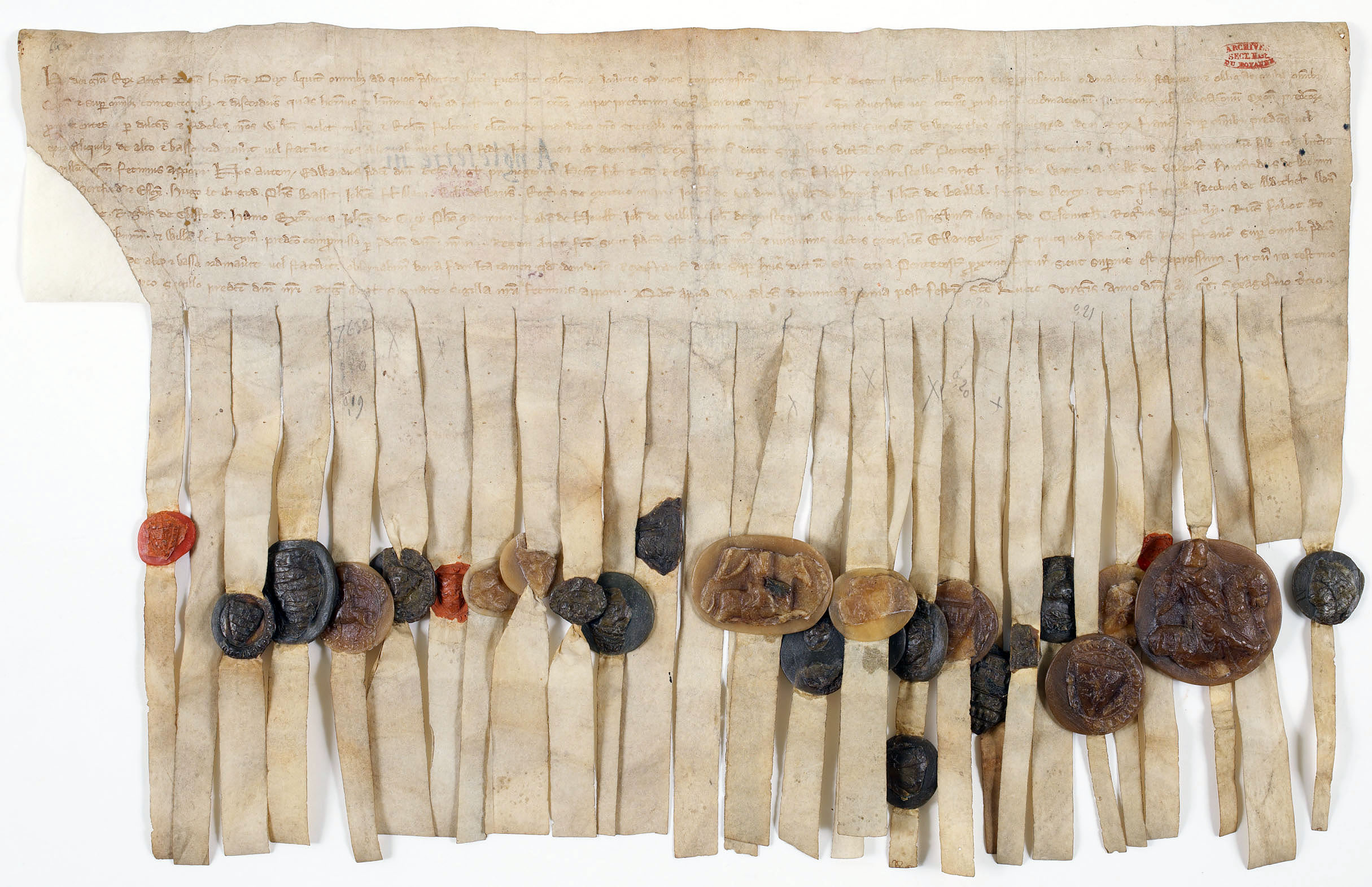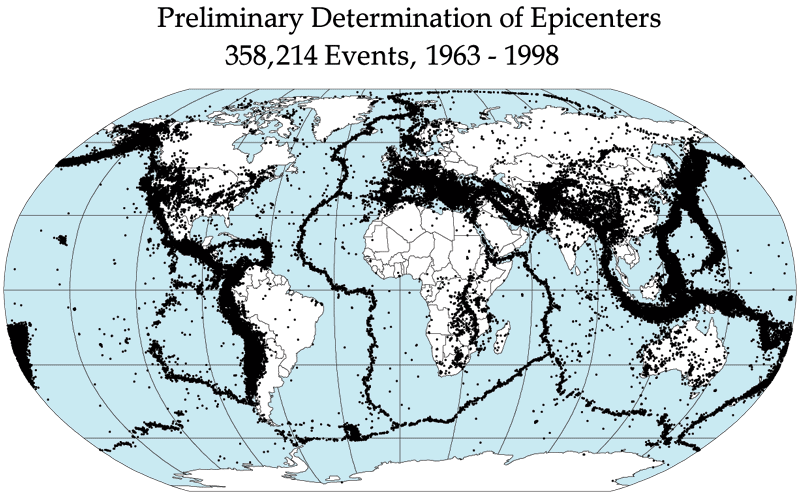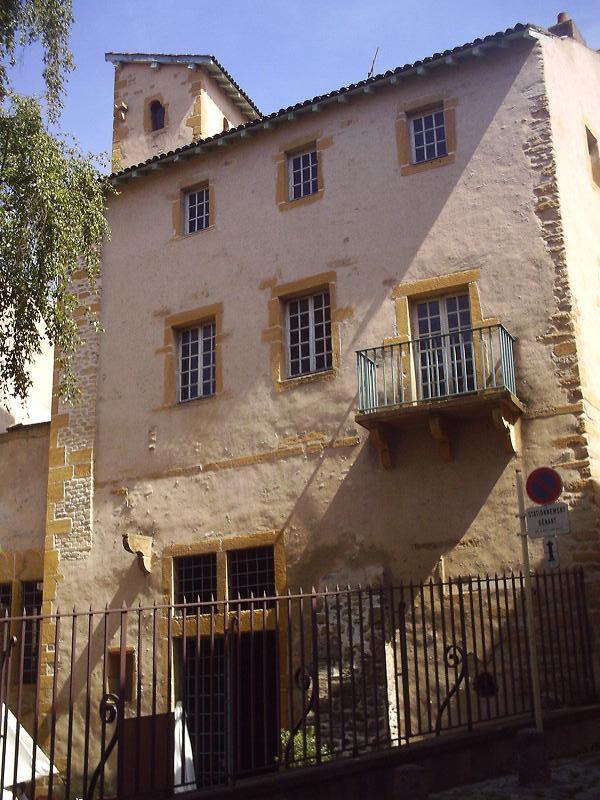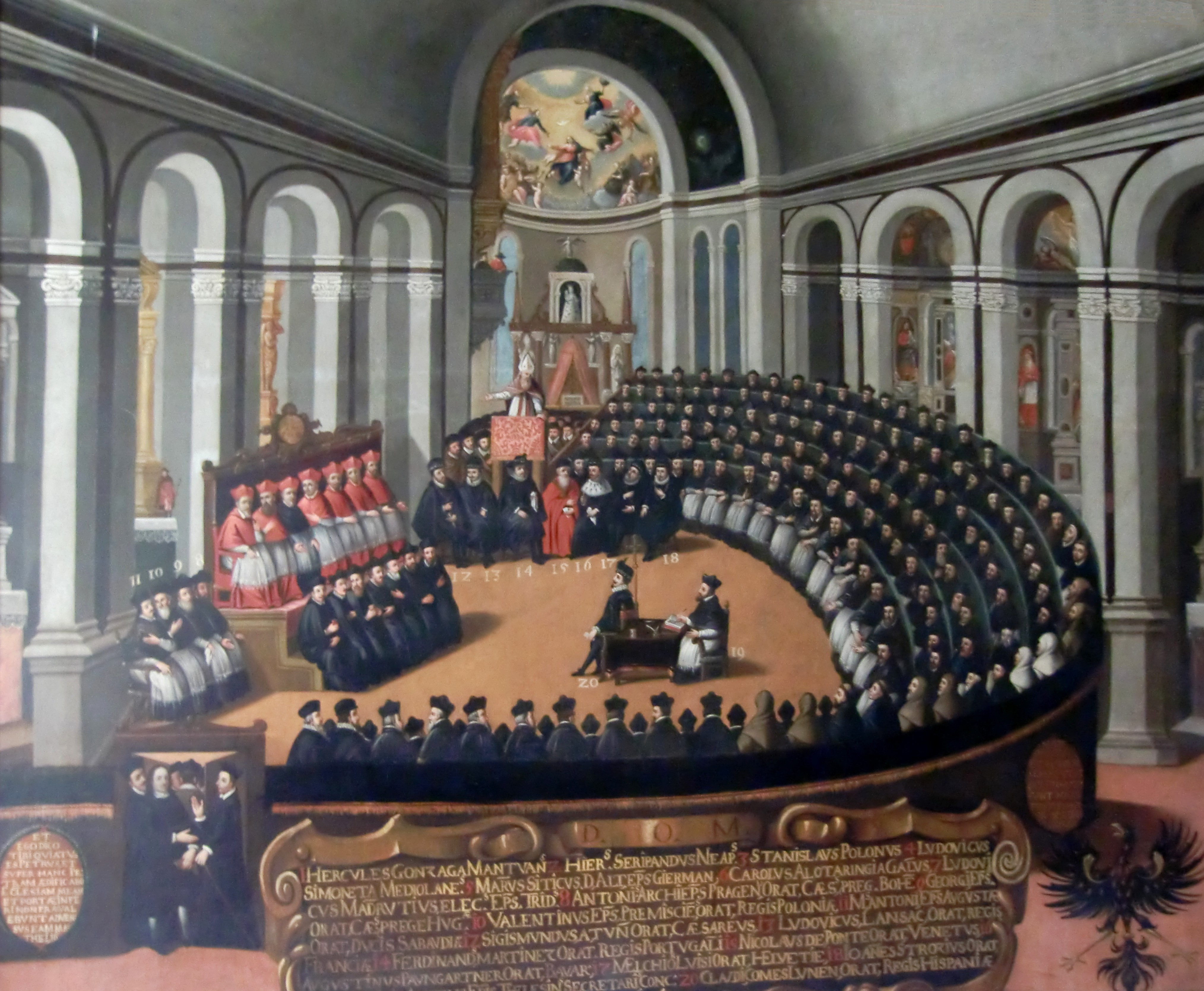|
January 23
Events Pre-1600 * 393 – Roman emperor Theodosius I proclaims his eight-year-old son Honorius co-emperor. * 971 – Using crossbows, Song dynasty troops soundly defeat a war elephant corps of the Southern Han at Shao. * 1229 – The episcopal seat is moved from Nousiainen to Koroinen (located near the current centre of Turku) by the permission of Pope Gregory IX. The date is starting to be considered as the founding of Turku. * 1264 – In the conflict between King Henry III of England and his rebellious barons led by Simon de Montfort, King Louis IX of France issues the Mise of Amiens, a one-sided decision in favour of Henry that later leads to the Second Barons' War. * 1368 – Zhu Yuanzhang proclaims himself the Hongwu Emperor, beginning the Ming dynasty. * 1546 – Having published nothing for eleven years, François Rabelais publishes the ''Tiers Livre'', his sequel to '' Gargantua and Pantagruel''. * 1556 – The deadliest e ... [...More Info...] [...Related Items...] OR: [Wikipedia] [Google] [Baidu] |
Mise Of Amiens
The Mise of Amiens () was a settlement given by King Louis IX of France on 23 January 1264 in the conflict between King Henry III of England and his rebellious barons, led by Simon de Montfort, 6th Earl of Leicester, Simon de Montfort. Louis' one-sided decision for King Henry led directly to the hostilities of the Second Barons' War. The conflict between king and magnates was caused by dissatisfaction with the influence of foreigners at court, and Henry's high level of taxation. In 1258 Henry was forced to accept the Provisions of Oxford that essentially left royal government in the hands of a council of magnates, but this document went through a long series of revocations and reinstatements. In 1263, as the country was on the brink of civil war, the two parties agreed to submit the matter to arbitration by the French king. Louis was a firm believer in the royal prerogative and decided clearly in favour of Henry. The outcome was unacceptable for the rebellious barons, and war bet ... [...More Info...] [...Related Items...] OR: [Wikipedia] [Google] [Baidu] |
1565
Year 1565 ( MDLXV) was a common year starting on Monday of the Julian calendar. Events January–March * January 3 – In the Tsardom of Russia, Ivan the Terrible originates the oprichnina (repression of the boyars (aristocrats)). * January 23 – Battle of Talikota: The Vijayanagara Empire, the last Hindu kingdom in South India, is greatly weakened by the Deccan sultanates. * February 13 – Spanish Conquistador Miguel López de Legazpi lands with his troops on the shores of Cebu Island in the Philippines. * March 1 – The city of Rio de Janeiro, Brazil, is founded as ''São Sebastião do Rio de Janeiro'' by Estácio de Sá. * March 16 – Spanish Conquistador López de Legazpi makes a blood compact (''sandugan'') with Datu Sikatuna in the island of Bohol, Philippines. April–June * April 27 – Cebu City is established as San Miguel by López de Legazpi, becoming the first Spanish settlement in the Philippines. * May 2 – Hunt ... [...More Info...] [...Related Items...] OR: [Wikipedia] [Google] [Baidu] |
Shaanxi
Shaanxi is a Provinces of China, province in north Northwestern China. It borders the province-level divisions of Inner Mongolia to the north; Shanxi and Henan to the east; Hubei, Chongqing, and Sichuan to the south; and Gansu and Ningxia to the west. Shaanxi covers an area of over with about 37 million people, the 16th-largest in China. Xi'anwhich includes the sites of the former capitals Fenghao and Chang'anis the provincial capital and largest city in Northwest China and also one of the oldest cities in China and the oldest of the Historical capitals of China, Four Ancient Capitals, being the capital for the Western Zhou, Western Han, Sima Jin, Jin, Sui dynasty, Sui and Tang dynasty, Tang List of Chinese dynasties, dynasties. Xianyang, which served as the capital of the Qin dynasty (221–206 BC), is just north across the Wei River. The other Prefectures of China, prefecture-level prefecture-level city, cities into which the province is divided are Ankang, Baoji, Hanzho ... [...More Info...] [...Related Items...] OR: [Wikipedia] [Google] [Baidu] |
1556 Shaanxi Earthquake
The 1556 Shaanxi earthquake ( Postal romanization: ''Shensi''), known in Chinese colloquially by its regnal year as the Jiajing Great Earthquake "" ('' Jiājìng Dàdìzhèn'') or officially by its epicenter as the Hua County Earthquake "" ('' Huàxiàn Dìzhèn''), occurred in the early morning of 2 February 1556 in Huaxian, Shaanxi, during the Ming dynasty. Most of the residents there lived in yaodongs—artificial caves in loess cliffs—which collapsed and buried alive those sleeping inside. Modern estimates by China Earthquake Administration's publications put the direct deaths from the earthquake at roughly 100,000, while over 700,000 either migrated away or died from famine and plagues, which summed up to a total reduction of 830,000 people in Imperial '' hukou'' registration.颤抖的地球—地震科学'' (2005). Researched by China Earthquake Administration seismologists 冯万鹏,薑文亮,龚丽霞,公茂盛,胡进军; Revised by CEA seismologists 王文清,� ... [...More Info...] [...Related Items...] OR: [Wikipedia] [Google] [Baidu] |
Earthquake
An earthquakealso called a quake, tremor, or tembloris the shaking of the Earth's surface resulting from a sudden release of energy in the lithosphere that creates seismic waves. Earthquakes can range in intensity, from those so weak they cannot be felt, to those violent enough to propel objects and people into the air, damage critical infrastructure, and wreak destruction across entire cities. The seismic activity of an area is the frequency, type, and size of earthquakes experienced over a particular time. The seismicity at a particular location in the Earth is the average rate of seismic energy release per unit volume. In its most general sense, the word ''earthquake'' is used to describe any seismic event that generates seismic waves. Earthquakes can occur naturally or be induced by human activities, such as mining, fracking, and nuclear weapons testing. The initial point of rupture is called the hypocenter or focus, while the ground level directly above it is the ... [...More Info...] [...Related Items...] OR: [Wikipedia] [Google] [Baidu] |
1556
Year 1556 ( MDLVI) was a leap year starting on Wednesday of the Julian calendar. Events January–March * January 4 – In Japan, Saitō Yoshitatsu, the eldest son of Saitō Dōsan, arranges the murders of his two younger brothers, Magoshiro and Kiheiji, and forces his father to flee from the Sagiyama Castle. * January 16 – Charles V abdicates the thrones of the Spanish Empire (including his colonies in the New World) in favor of his son, Philip II, and retires to a monastery. * January 23 – The Shaanxi earthquake, the deadliest earthquake in history, occurs with its epicenter in Shaanxi province, China; 830,000 people may have been killed. * January 24 – In India, at the Sher Mandal in Delhi, the Mughal Emperor Humayun trips while descending the stairs from his library and strikes the side of his head against a stone step, sustaining a fatal injury. He never regains consciousness and dies seven days later. * February 5 – Truce of Vau ... [...More Info...] [...Related Items...] OR: [Wikipedia] [Google] [Baidu] |
Gargantua And Pantagruel
''The Five Books of the Lives and Deeds of Gargantua and Pantagruel'' (), often shortened to ''Gargantua and Pantagruel'' or the (''Five Books''), is a pentalogy of novels written in the 16th century by François Rabelais. It tells the adventures of two giants, Gargantua ( ; ) and his son Pantagruel ( ; ). The work is written in an amusing, extravagant, and satirical vein, features much erudition, vulgarity, and wordplay, and is regularly compared with the works of William Shakespeare and James Joyce. Rabelais was a polyglot, and the work introduced "a great number of new and difficult words ... into the French language". The work was stigmatised as obscene by the censors of the . In a social climate of increasing religious oppression in the lead up to the French Wars of Religion, contemporaries treated it with suspicion and avoided mentioning it.Le Cadet, Nicolas (2009). , Accessed 22 November 2010. It is the origin of the word " pantagruelism," meaning "burlesque co ... [...More Info...] [...Related Items...] OR: [Wikipedia] [Google] [Baidu] |
François Rabelais
François Rabelais ( , ; ; born between 1483 and 1494; died 1553) was a French writer who has been called the first great French prose author. A Renaissance humanism, humanist of the French Renaissance and Greek scholars in the Renaissance, Greek scholar, he attracted opposition from both Protestant theologian John Calvin and from the hierarchy of the Catholic Church. Though in his day he was best known as a physician, scholar, diplomat, and Catholic priest, later he became better known as a satirist for his depictions of the grotesque, and for his larger-than-life characters. Living in the religious and political turmoil of the Reformation, Rabelais treated the great questions of his time in his novels. Rabelais admired Erasmus and like him is considered a Christian humanism, Christian humanist. He was critical of medieval scholasticism and lampooned the abuses of powerful princes and popes. Rabelais is widely known for the first two volumes relating the childhoods of the gia ... [...More Info...] [...Related Items...] OR: [Wikipedia] [Google] [Baidu] |
1546
Year 1546 ( MDXLVI) was a common year starting on Friday of the Julian calendar. Events January–March * January 11 – (''Tenbun 15, 20th day of the 12th month''): Ashikaga YoshifushiTitsingh p. 381 n.b., Ashikaga Yoshifushi changed his name to Yoshiteru in 1554 (''Tenbun 23, 2nd month'').] becomes 13th Shōgun of the '' Ashikaga shogunate''. * January 13 – Jeremias I of Constantinople, Patriarch of the Eastern Orthodox Church dies * January 18 – Blasco Núñez Vela first Spanish Viceroy of Peru fights with Gonzalo Pizarro at the Battle of Iñaquito and is killed. * February 12 – The Roman Catholic Archdiocese of Mexico, one of the largest in the world, with over four million Catholics, is created"Archdiocese of México" '' [...More Info...] [...Related Items...] OR: [Wikipedia] [Google] [Baidu] |
Ming Dynasty
The Ming dynasty, officially the Great Ming, was an Dynasties of China, imperial dynasty of China that ruled from 1368 to 1644, following the collapse of the Mongol Empire, Mongol-led Yuan dynasty. The Ming was the last imperial dynasty of China ruled by the Han people, the majority ethnic group in China. Although the primary capital of Beijing fell in 1644 to a rebellion led by Li Zicheng (who established the short-lived Shun dynasty), numerous rump state, rump regimes ruled by remnants of the House of Zhu, Ming imperial family, collectively called the Southern Ming, survived until 1662. The Ming dynasty's founder, the Hongwu Emperor (1368–1398), attempted to create a society of self-sufficient rural communities ordered in a rigid, immobile system that would guarantee and support a permanent class of soldiers for his dynasty: the empire's standing army exceeded one million troops and the naval history of China, navy's dockyards in Nanjing were the largest in the world. H ... [...More Info...] [...Related Items...] OR: [Wikipedia] [Google] [Baidu] |
Hongwu Emperor
The Hongwu Emperor (21 October 1328– 24 June 1398), also known by his temple name as the Emperor Taizu of Ming, personal name Zhu Yuanzhang, courtesy name Guorui, was the List of emperors of the Ming dynasty, founding emperor of the Ming dynasty, reigning from 1368 to 1398. In the mid-14th century, China was plagued by epidemics, famines, and peasant uprisings during the rule of the Mongol Yuan dynasty. Zhu Yuanzhang, orphaned during this time of chaos, joined a Buddhist monastery as a novice monk, where he occasionally begged for alms to sustain himself, gaining an understanding of the struggles faced by ordinary people, while harboring disdain for scholars who only gained knowledge from books. In 1352, he joined a rebel division, quickly distinguishing himself among the rebels and rising to lead his own army. In 1356, he conquered Nanjing and established it as his capital. He formed his own government, consisting of both generals and Confucian scholars, rejecting Mongol rule ... [...More Info...] [...Related Items...] OR: [Wikipedia] [Google] [Baidu] |







